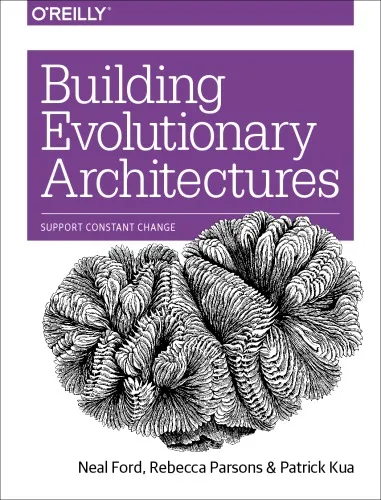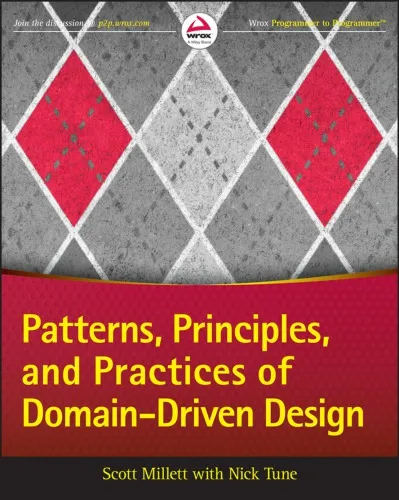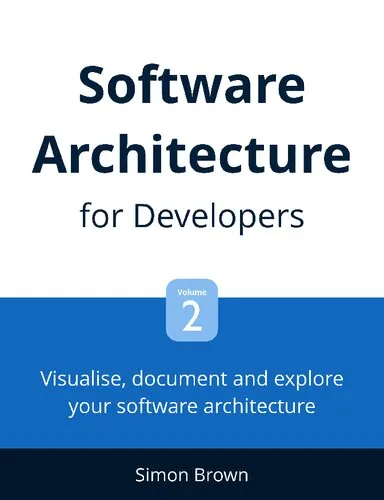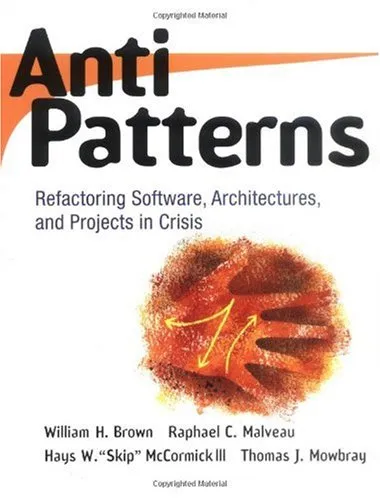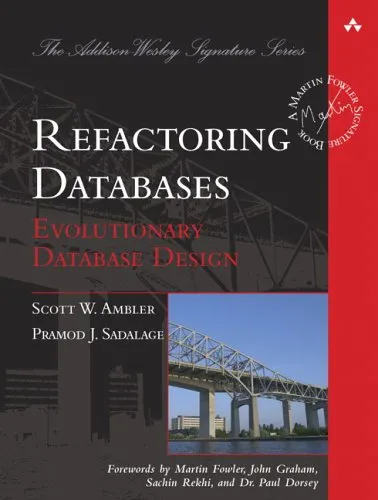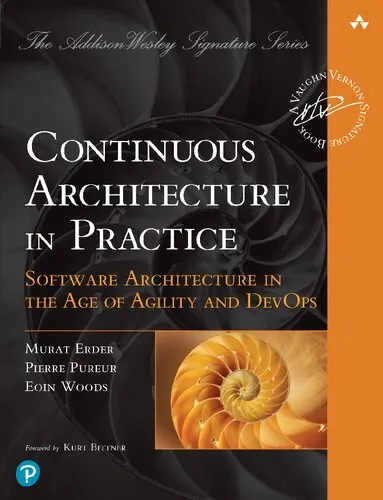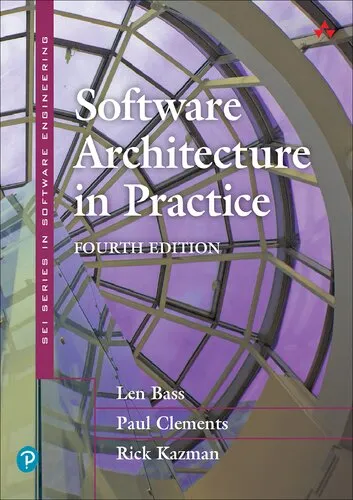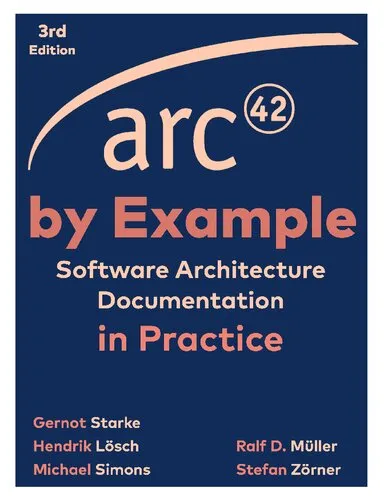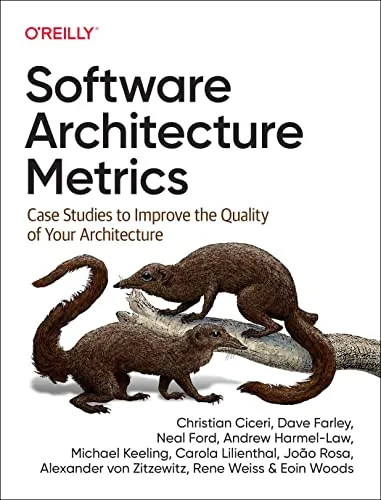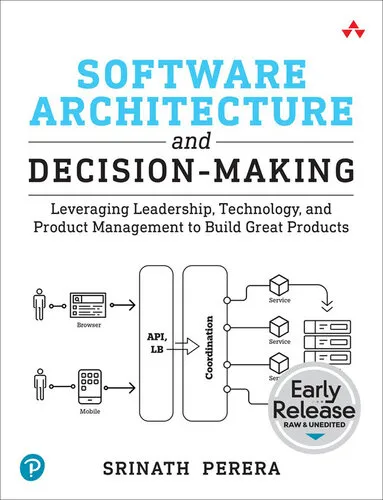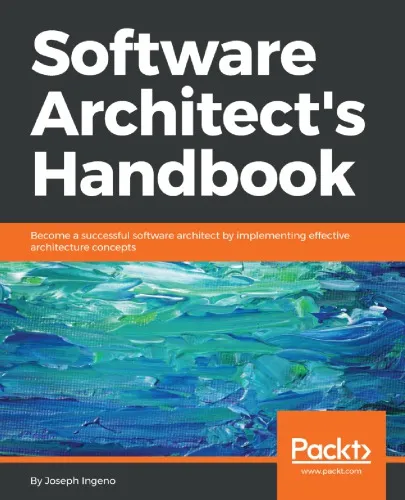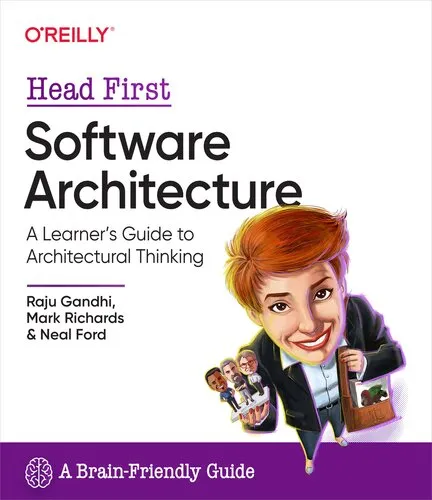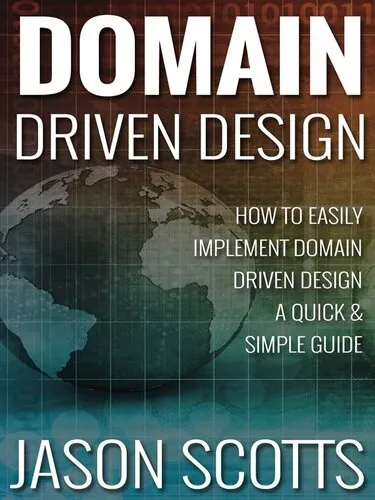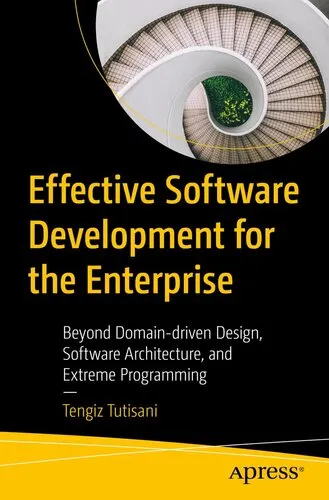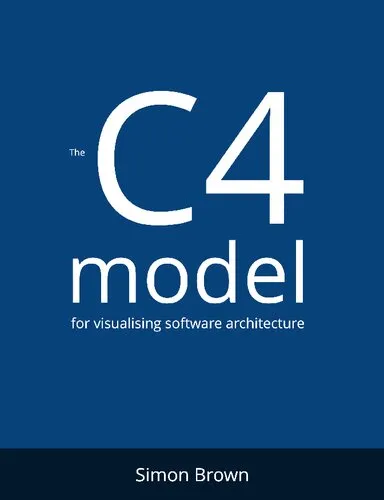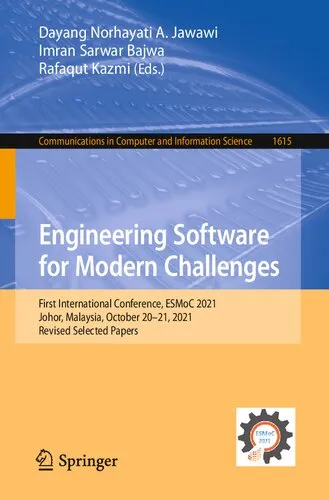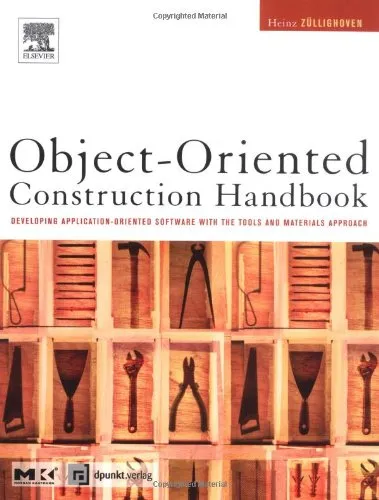Building Evolutionary Architectures: Support Constant Change
3.8
Reviews from our users

You Can Ask your questions from this book's AI after Login
Each download or ask from book AI costs 2 points. To earn more free points, please visit the Points Guide Page and complete some valuable actions.Related Refrences:
Persian Summary
Introduction to "Building Evolutionary Architectures: Support Constant Change"
In an age where change is the only constant, the need for evolutionary software architecture is more critical than ever. "Building Evolutionary Architectures: Support Constant Change" by Neal Ford, Rebecca Parsons, and Patrick Kua is a seminal work that explores how architects and developers can create systems designed to evolve along with the ever-shifting technological landscape. This book offers a foundational framework for those seeking to master adaptive architecture in a world driven by innovation.
Detailed Summary
Software architects today face the challenge of constructing systems that can withstand the unpredictable nature of future demands and technologies. A traditional static architecture may struggle under the pressure of continuous change, thus necessitating a shift toward evolutionary architectures. This book introduces a way of thinking about architectural decisions with their ability to evolve ingrained in the core.
At its heart, the book introduces the concept of "Fitness Functions"—constructs used to measure how well a system meets its desired architectural goals. Borrowing from biological evolution, these functions allow architects to evaluate and adapt system structures seamlessly over time. By setting Fitness Functions, architects can enforce constraints and guide the system's evolution to ensure it remains robust, scalable, and maintainable.
The book discusses various patterns, practices, and tools that can support architecture evolution. It delves into microservices, continuous integration, and delivery as vehicles for building architectures that last. These systems are agile, flexible, and ready for change; no longer is it enough to build a system that meets today’s requirements when tomorrow's demands could be radically different.
Key Takeaways
- Adaptability is Key: Creating systems that are flexible and adaptable to change is crucial for survival in the fast-paced world of technology.
- Fitness Functions: Utilize these constructs to ensure your architecture stays aligned with the desired business outcomes.
- Continuous Integration and Delivery: These practices are vital for fostering an environment that supports continuous improvement and evolution.
- Microservices and Modularization: Break down monolithic architectures into smaller, more manageable services for enhanced scalability and agility.
Famous Quotes from the Book
"The only thing more dangerous than a fixed architecture is an architecture with no fitness functions."
"Successful software architects continually align architectural decisions with business outcomes."
Why This Book Matters
In a technology-driven world, the acceleration of change calls for new paradigms in how we think about building and maintaining software architecture. This book challenges the status quo, offering valuable insights and practical tools to create systems resilient to change. It equips architects and developers with the intellectual tools needed to design architectures that can evolve alongside business requirements and technological advancements.
By emphasizing a balance between architecture and agility, the authors provide a framework that ensures sustainable development practices. This approach not only prepares organizations for the future but also enables them to remain competitive and innovative in an ever-evolving marketplace. "Building Evolutionary Architectures" is a critical read for anyone who seeks to understand the modern demands of software architecture and wishes to become proficient in designing systems that stand the test of time.
Free Direct Download
You Can Download this book after Login
Accessing books through legal platforms and public libraries not only supports the rights of authors and publishers but also contributes to the sustainability of reading culture. Before downloading, please take a moment to consider these options.
Find this book on other platforms:
WorldCat helps you find books in libraries worldwide.
See ratings, reviews, and discussions on Goodreads.
Find and buy rare or used books on AbeBooks.
1959
بازدید3.8
امتیاز0
نظر98%
رضایتReviews:
3.8
Based on 0 users review
Questions & Answers
Ask questions about this book or help others by answering
No questions yet. Be the first to ask!
